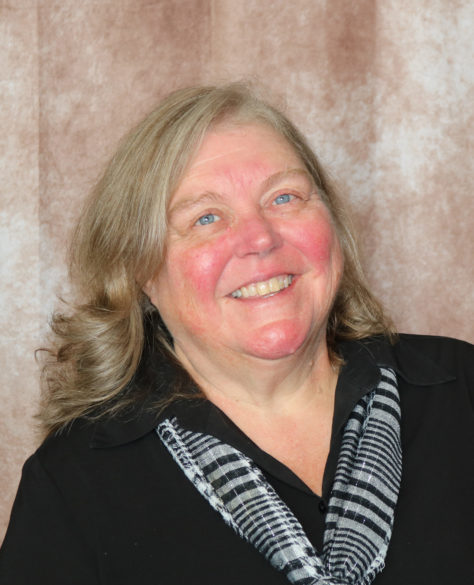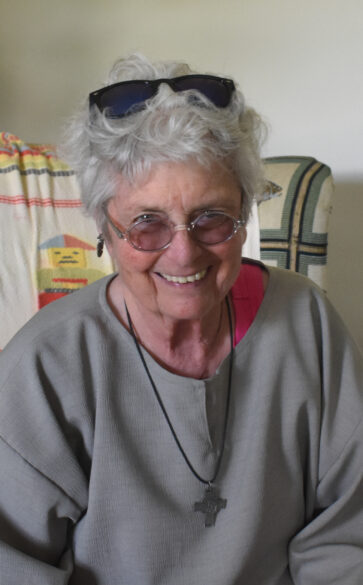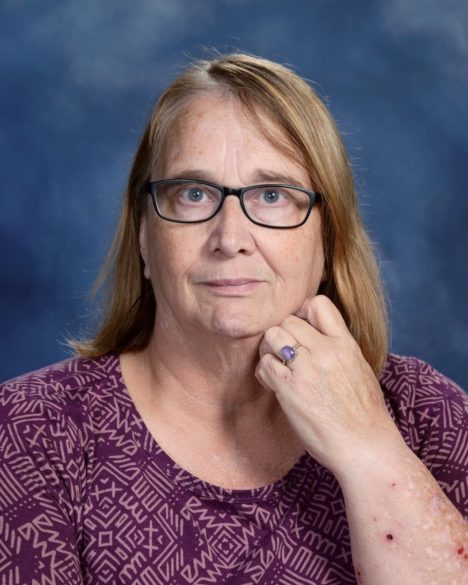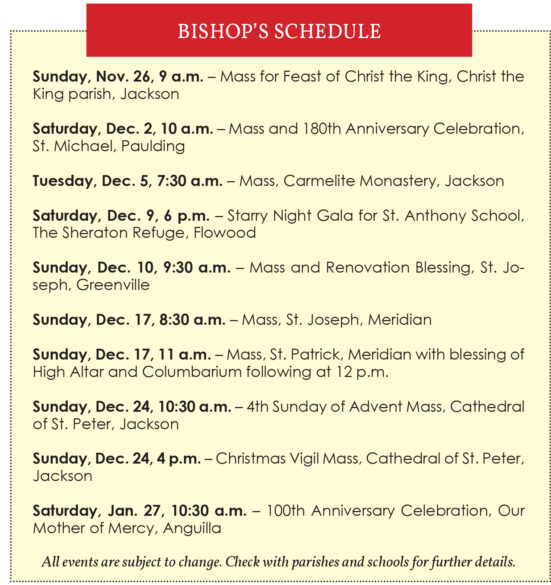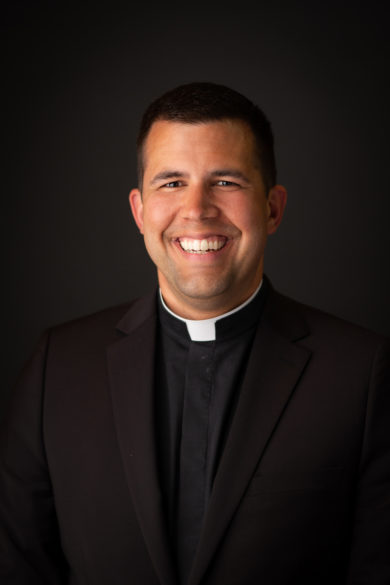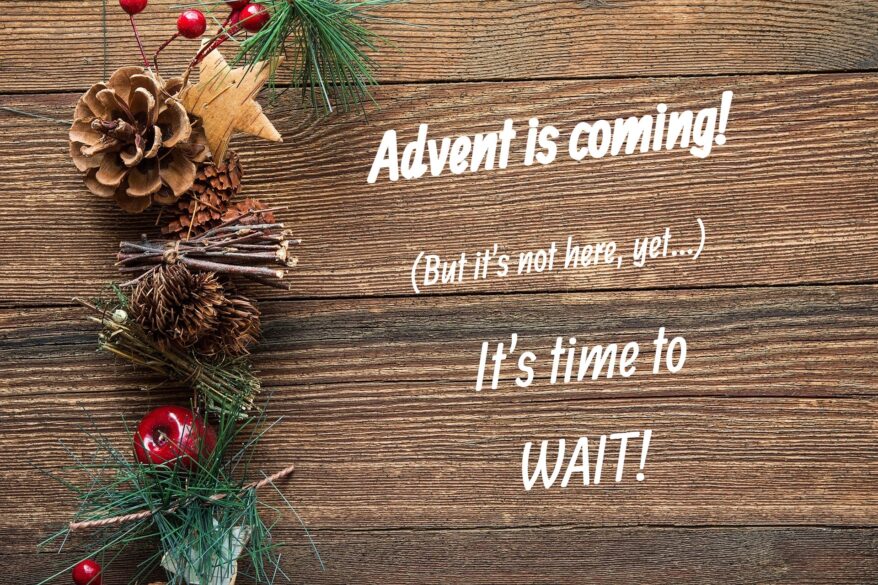“71% of newly ordained priests were personally invited to consider this call by their parish priest.” This is according to a 2022 study released by CARA, the Center for Applied Research in the Apostolate at Georgetown University (and cited by Brendan Hodge in his Nov. 20 article on pillarcatholic.com – “On vocations, asking is key.”
I know that it can be challenging to ask. It is easy to think that someone who seems like a good candidate for priesthood has already been ‘bugged about it’ by someone else. It can be tempting to think that our voice won’t make a difference, or we can fall into the trap of thinking that it won’t make a difference whether we say something or not. But 71% of newly ordained priests were personally invited to consider this call by their parish priest. I was personally invited to consider a call to the priesthood by my parish priest in Meridian.
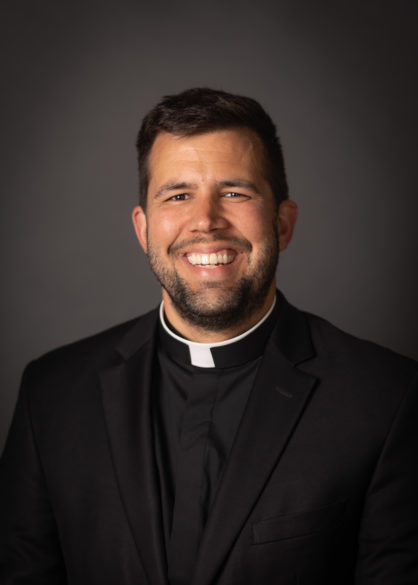
I was working full-time and attending Mass regularly. I was getting more involved in the parish, and I was seriously considering whether the Lord was calling me to be a priest, but I was terrified to say it out loud!
When you are considering priesthood it can be very isolating. We don’t know what we don’t know, and so to have my pastor bring it up to me was very freeing. I was thinking privately there is no way I am good enough to be a priest! But once he affirmed that he saw traits within me that would make for a good priest, it was very helpful. I realize now that the Lord qualifies the called, he doesn’t call the qualified. No one, after all, is worthy in themselves to minister at the altar, but the Lord doesn’t demand perfection, he demands faithfulness and perseverance.
So, we need to help those who are called by calling them forth. And pastors of parishes are some of the most effective ‘callers’ in the world. When our spiritual fathers encourage us to do things that we might be fearful or doubtful about, we can receive new strength and encouragement to do what otherwise seems impossible.
Please encourage your pastors to be on the lookout for men in your parish who would make excellent priests. Don’t be shy about pointing out specific folks in the pews and telling your pastor to be on the lookout and to encourage them to think about it. Remember, also, that we need men who would make excellent husbands and fathers to think about priesthood and take that possibility seriously. Diocesan priesthood is not for the faint of heart, and it is not for those who pick it as a ‘back up plan.’ The call to priesthood or religious life should be a priority for all young people in the church, and pastors of parishes can play a big role in setting that tone for their parishioners.
So, please encourage your pastors to encourage the great young men in your parish to consider the priesthood.
Father Nick Adam, vocation director
(Read about our current seminarians and their inspirational vocation stories at https://jacksondiocese.org/seminarians. Father Nick Adam can be contacted at nick.adam@jacksondiocese.org.)


